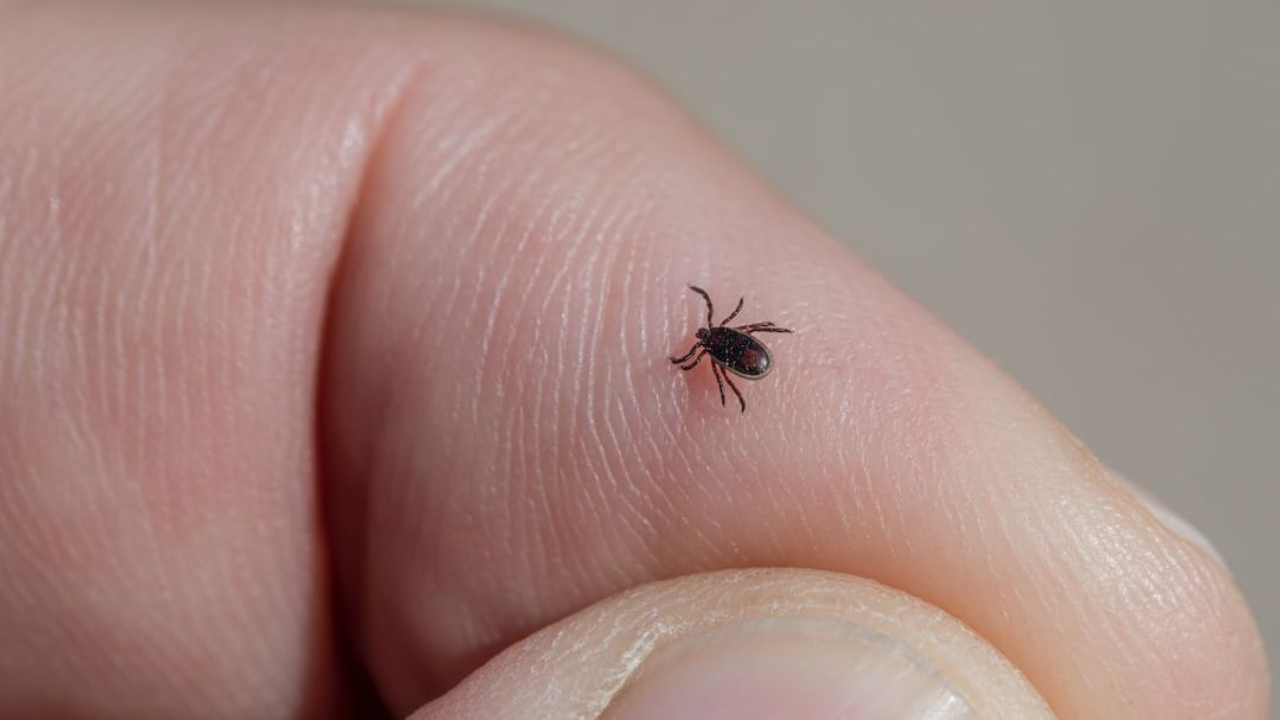Tick Safety: What to Expect and How to Respond to Ticks
Aug 15, 2023
Ticks are everywhere! These small pests are not only irritating but could also be infected with dangerous bacteria, viruses, or parasites that pose a threat to human health. This includes different varieties of spirochetes -- a corkscrew-shaped bacterium that can cause Lyme disease.
Are you wondering what ticks carry which type of spirochetes in your local area? What about areas where you're traveling or vacationing?
In the northeast, we have a few different types, including Borrelia, Bartonella, and Babesia. Today, we're sharing a guide to tick safety that covers how to identify and check for ticks, as well as what to do if you find one.
Learn About Ticks
No matter where you're going this summer, it's important to learn as much as possible about tick activity near you. For a comprehensive overview, we recommend checking out the University of Rhode Island's Tick Encounter program.
Here, you'll find a variety of helpful tools and resources, including:
- TickSmart™: Simple, effective strategies and everyday practices to help you live safely around ticks
- Field Guide: An interactive U.S. map covering common species and tick activity in each region
- Found a Tick?: Free service that connects visitors to the TickSpotters program
If you find a tick, you can send a photo of it to the TickSpotters program, where you'll receive quick identification information, along with expert guidance on what to do next.
Tick Prevention Advice
As the weather gets better and we get outside, most of us tend to worry more about tick bites. It's important to get out in the dirt and the forests, so follow the info below to find tick prevention advice you can trust.
Know How to Remove a Tick
If you find a tick on yourself or someone else, there are ways to remove it quickly, safely, and correctly. The Centers for Disease Control and Prevention (CDC) share a step-by-step guide, located here.
Use Picardin Products (Not DEET)
Want to keep the ticks at bay? While you might have always reached for the can of DEET, we recommend using picardin products, instead.
Derived from piperine in pepper plants, picaridin is a colorless and odorless repellent. You can apply it directly to your skin or apply it to your clothing as a defense against ticks, gnats, flies, mosquitoes, and fleas. This NY Times article reviewed the best bug repellent and found that picaridin formulas ranked at the top.
Keep Ticks Away
Want to avoid a tick bite in the first place? There are steps you can take now to keep yourself and your property safe. This includes using several different oils, such as:
- Cedar oil
- Neem oil
- Garlic oil
- Eucalyptus oil
You can add these oils to your clothes, bandanas, and socks -- even your backyard candles! Cedar oil works particularly well, killing and repelling ticks by causing a range of adverse reactions, including:
- Dehydration
- Inhibited breathing
- Pheromone disruption
- Body fat emulsification
In addition to using natural repellents, it's also a good idea to take a second look around your yard. Are there any areas where ticks can easily hide? A few steps you can take include:
- Trimming weeds and grasses
- Reducing shaded areas
- Growing tick-repelling plants
A simple, three-foot barrier made of wood chips or mulch can keep mice and small rodents from carrying ticks into your yard.
As you protect your property, remember to also protect your body. Research shows that a strong immune system can help keep you safe all summer long and improve your resistance to tick bites. In addition to herbal supplements, such as Astragalus and Andrographis, you can also consider topical bite-soothing solutions, such as bentonite clay or diatomaceous earth, as well as homeopathic treatments, like Ledum.
Optimize Your Approach to Tick Safety
The tips above can help you take a smart and effective approach to tick safety. However, the best strategy is to work directly with a qualified practitioner, who can help you utilize the best interventions.
For the most up-to-date information and peace of mind, join our membership program today! Here, you'll find a comprehensive educational platform filled with resources to help you find the answers you need and take charge of your health.



